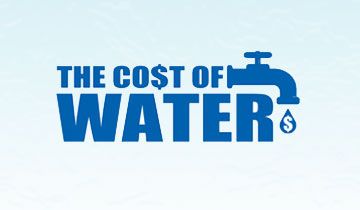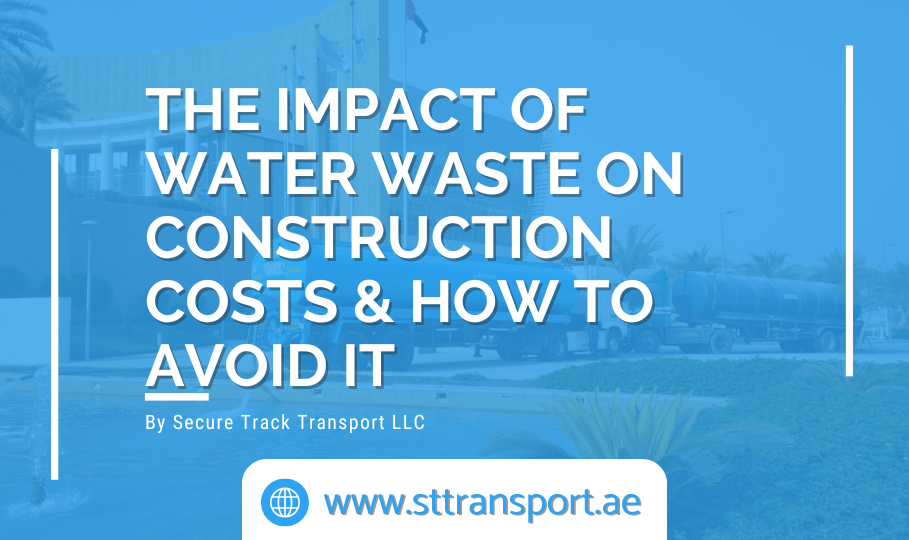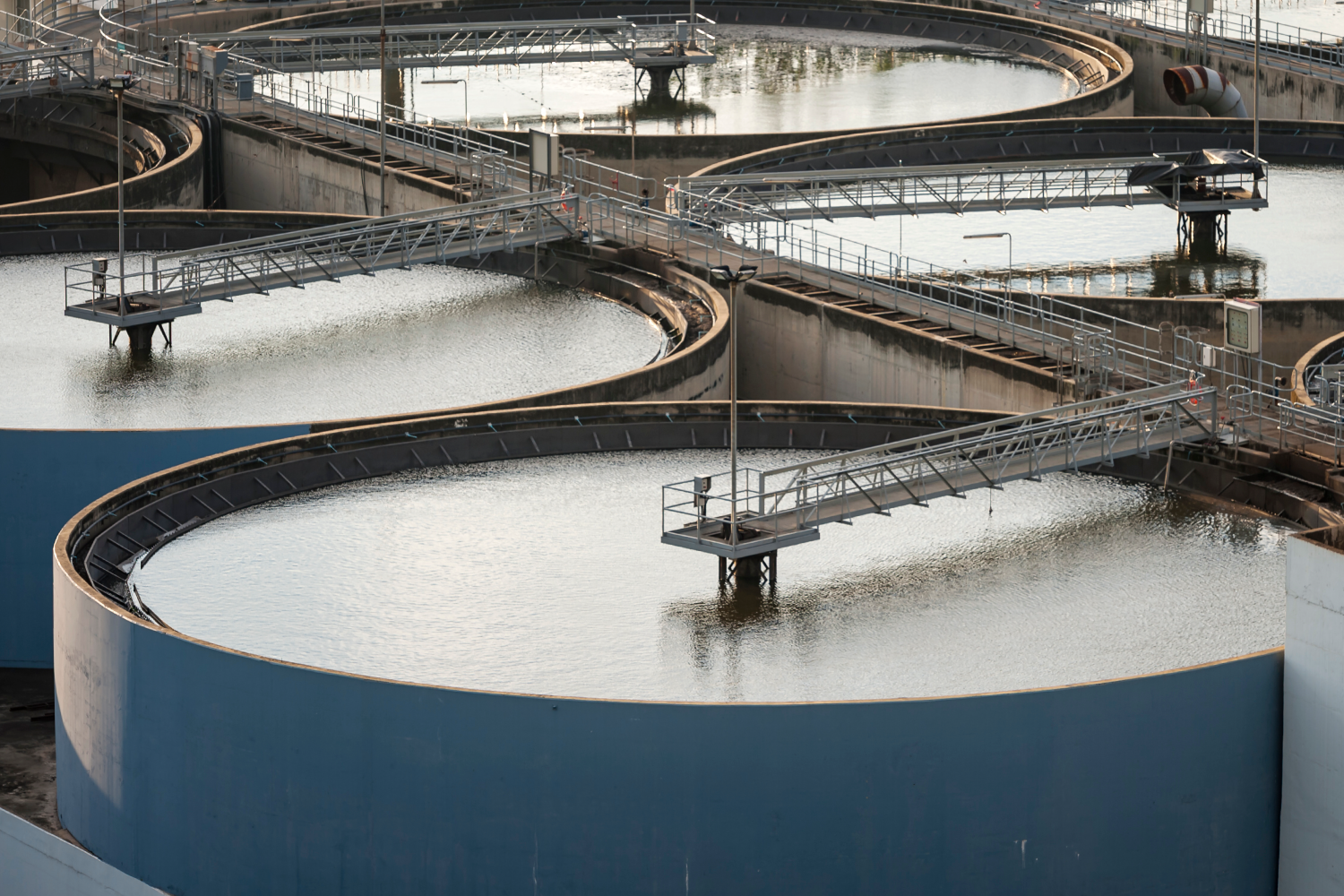Ever watched water pour out of a hose on a construction site and thought, “That’s no big deal”? Think again. In a city like Dubai—where every drop counts—water waste on construction sites isn’t just an environmental concern. It’s a major cost driver.
Dubai’s construction industry is booming, but it’s also thirsty. And in a desert climate relying on expensive desalinated water, that thirst doesn’t come cheap. So, let’s talk about how ignoring water efficiency can silently drain your budget—and what you can do about it.
The Cost of Water Waste
You might not see the dirhams flowing down the drain, but believe me, they’re vanishing. Excess water use might not show up as a red flag immediately, but over time, it bleeds your bottom line.

And we’re not just talking about the direct cost of water. Water waste leads to equipment wear, delays, rework, erosion, and even fines. In short—it’s a silent budget killer.
Dubai’s Water Supply Situation
Here’s the twist—Dubai doesn’t have rivers or lakes to tap into. Nearly 100% of Dubai’s water comes from desalination, which is a pricey and energy-heavy process.
This means that every time a construction site uses water, it’s using something that cost a fortune to produce. The more wasteful the site, the higher the collective cost—financially and environmentally.
How Water Waste Increases Construction Costs
Direct Financial Costs
Let’s break it down:
-
Over-ordering water means paying more for tanker deliveries than necessary.
-
Improper storage can lead to evaporation losses.
-
Wasted water = wasted money. Period.
Delays and Inefficiencies
Too much water on a site can:
-
Create muddy conditions that stall work
-
Lead to foundation instability
-
Cause material erosion, especially in sandy environments like Dubai
Fines and Compliance Failures
Dubai has strict sustainability targets. If your site is flagged for water wastage, you could face:
-
Regulatory penalties
-
Delays in permit approvals
-
Bad PR (and in Dubai, reputation matters)
Water Management Challenges in Dubai’s Construction Sector
Temperatures regularly hit 45°C in summer. Water left in open tanks? Gone in hours. That’s a huge issue when you’re trying to conserve resources. Without planning, water deliveries might come too early or too late, leading to poor usage or delays. Lack of proper storage can cause leaks or contamination. Sites without a drainage plan often flood unnecessarily. This isn’t just wasteful—it damages materials and machinery too.
Practical Ways to Prevent Water Waste
Before you even pour the first slab, plan your water strategy:
-
Proper drainage systems
-
Controlled run-off channels
-
Dedicated wash zones
Monitoring Systems
Install water meters to track usage. If consumption suddenly spikes, you’ll know something’s wrong—like a leak or excessive usage.
Worker Training
If your crew doesn’t know better, they can’t do better.
-
Run training sessions
-
Put up reminder signs
-
Encourage a “waste-not” culture
The Role of Water Tanker Supply
Here’s where a reliable water tanker supplier comes in. In Dubai, timing is everything. You want a supplier who:
-
Delivers on time
-
Provides clean, potable or non-potable water as needed
-
Understands construction logistics
Efficient supply means less waste, fewer delays, and better cost control.
Conclusion
Water waste isn’t just a drop in the bucket—it’s a flood that can drown your construction budget if you’re not careful. In Dubai, where water is as valuable as gold, smart planning, training, and partnering with a solid water tanker supplier can make all the difference.
Start conserving today—not just for the planet, but for your profit margins too.
FAQs
1. How much water is used in a typical Dubai construction project?
It varies, but large projects can use thousands of liters per day, especially during concrete curing and dust suppression phases.
2. What is the biggest source of water waste in construction?
Unmonitored use and poor planning—like leaving hoses running or lacking storage—are top culprits.
3. Is recycled water allowed for use on construction sites?
Yes, treated greywater is often used for tasks like dust control and tool washing, helping reduce fresh water use.
4. How can site managers enforce water-saving rules?
Install meters, train workers, assign responsibility, and audit water use regularly.
5. Where can I find a reliable water tanker supply in Dubai?
Look for suppliers with proven construction experience, clean water certifications, and strong local logistics knowledge.




